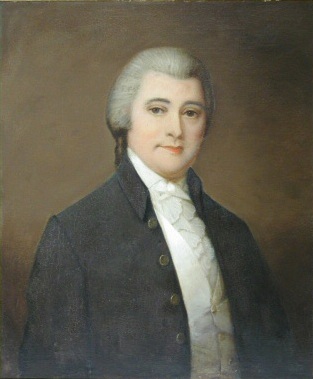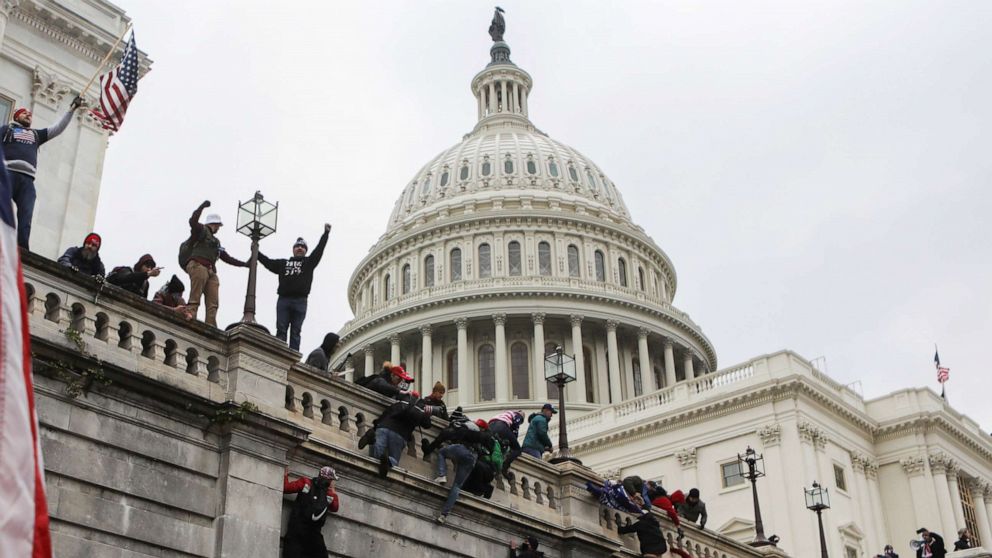Nope. The 1st amendment right of freedom of speech bars congress from making a law that would limit such. However, that does not mean that a person can say whatever they chose and be immune from the legal consequences due to such speech, for example inciting insurrection or rioting or damages to property or persons due exercising those rights.
Also keep mind, articles of impeachment are not a criminal charge but a pollical charge that the office holder is not fit to hold office. The FBI is looking at the attack on the capitol to determine who will face criminal charges which could go much higher up than just those that broke into the capitol.
This entire thread is rather meaningless since there is essential no way 17 republicans are going to vote to convict. However, keep in mind this is a pollical process, not a legal process. Senate democrats will carry through with a trial for two reasons. First being it is their responsible to do so. Second, it lays out the entire case by both the prosecution and defense for the voters to deicide on whether Trump should be given a second go at the white house.
The first amendment guarantees you freedom of speech without retaliation from government. It has nothing to do with making new laws by Congress. The Constitution also tells us that the impeachment process is based on criminal activity listing bribery, high crimes, and misdemeanors. Nowhere in the Constitution does it say only Democrats can make the determination of what one said.
Inciting riots or insurrection can be defined by just about any speech a pissed off politician makes. We've seen the Democrats do that repeatedly. It led to the riot at the Supreme Court, and may have played a part in the baseball field shooting. The only legitimate way to charge Trump for the riot is if he told people to riot, which he obviously instructed just the opposite
"We will march to the Capital peacefully and patriotically."
"Congress shall make no law respecting an establishment of religion, or prohibiting the free exercise thereof; or abridging the freedom of speech, or of the press; or the right of the people peaceably to assemble, and to petition the Government for a redress of grievances."
Note the words carefully. Congress shall make
no law prohibiting freedom of speech. That does not prohibit congress from making laws that hold a person responsible for damages done by that speech. Thus if you scream fire in a crowded auditorium when there is no fire, you can be legally held responsible for damages done exercising your freedom of speech in such a way that it hurts others. The same holds true for illegibly slandering a person. And it also applies to inciting riots and insurrection. Proving in court that a person words caused rioting or insurrection is difficult but it can be done, particular it is coming from a president.
And no, impeachment does not have to be based on criminal activity. “High crimes and misdemeanors” is surely the most troublesome, misleading phrase in the U.S. Constitution. Taken at face value, the words seem to say that impeachable conduct is limited to “crimes”—offenses defined by criminal statutes and punishable in criminal courts. That impression is reinforced by the fact that the phrase follows the obviously criminal “treason” and “bribery” in Article II’s list of the kinds of conduct for which the “President, Vice President and all civil officers” may be impeached. But this is not, in fact, what the Constitution requires. “High crimes and misdemeanors” is not, and has never been, limited to indictable criminality. In colonial days high crimes and misdemeanors was a term widely used for all sorts of bad behavior. We have impeached people for drunkenness, failure to supervise, and all sorts of bad conduct that makes them unfit for office.
The constitutional standard for impeachment is different from what’s at play in a regular criminal trial.

www.theatlantic.com





